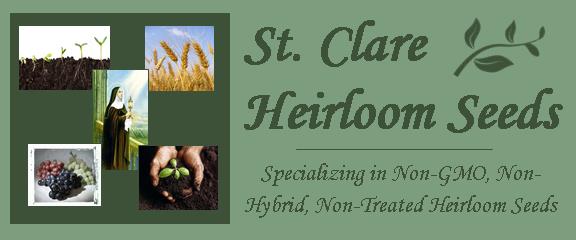Reuters
March 12, 2008
KANSAS CITY, Missouri (Reuters) – Widespread contamination of U.S. corn, soybeans and other crops by genetically engineered varieties is threatening the purity of organic and natural food products and driving purveyors of such specialty products to new efforts to protect their markets, industry leaders said this week. A range of players, from dairy farmers to natural food retailers, are behind an effort to introduce testing requirements and standards for certification aimed at keeping contamination at bay. That goal is rapidly becoming harder, however, as planting of bio tech corn, soybeans, and other crops expands across the United States. “Now there is a real shortage of organic grain for animal husbandry and dairy operations,” said Organic Consumers Association national director Ronnie Cummins. “People are having to be real careful.”
Proponents of the plan are rolling it out this week at an industry meeting in Anaheim, California, seeking to get the entire organic and natural foods industry to agree on testing and standard certifications. Companies that get certified will be allowed to use a seal designating as much on their products. “We think we can keep the contamination from getting worse by putting safeguards in place so people who want to choose to eat organic products free of genetic contamination can do so,” said Michael Funk, CEO of United Natural Foods, which is backing the initiative. “The longer we delay … the more challenging it is going to be.” Bio tech crops, primarily corn, soybeans, cotton and canola, have genes that have been manipulated to express specific traits, most commonly a resistance to herbicide, which helps farmers. Bio tech developers such as Monsanto Co patent the crop technology and tightly control use of the seed. But mixing of bio tech crops and conventional crops can occur during many phases of harvest, storage and shipment of grain, and drifting pollen and other natural forces can also contaminate crops while they are still in the fields.
Indeed, contamination of conventional crops by bio tech crops has been reported around the world. There were 39 cases of crop contamination in 23 countries in 2007, and more than 200 in 57 countries over the last 10 years, according to bio tech critic Green peace International. Contamination of corn is the biggest concern for those trying to sell bio tech-free food. Corn is not only used in human food but is also used to feed livestock, meaning organic beef and dairy farmers must ensure their animals are fed corn that is free of contamination. That has become more difficult as bio tech corn acres have expanded in the United States. In 2007, an estimated 73 percent of the 92.9 million acres of U.S. corn planted were bio tech, according to the U.S. Department of Agriculture. The USDA has a set of national standards for foods labeled “organic” as part of its marketing service, but the industry players seeking independent testing said the USDA has not gone far enough to require organic and natural foods are free from bio tech contamination. Organic dairy farmer Albert Straus, who started testing corn fed to his 300-head dairy herd more than a year ago, and found about one-third had been contaminated, now tests every lot of grain he buys. “I started to test our products to see if there was an issue or not. It turned out there was an issue,” said Straus. He is now adding a label to his dairy products to alert consumers to the extra level of caution. “There is so much contamination,” he said.

